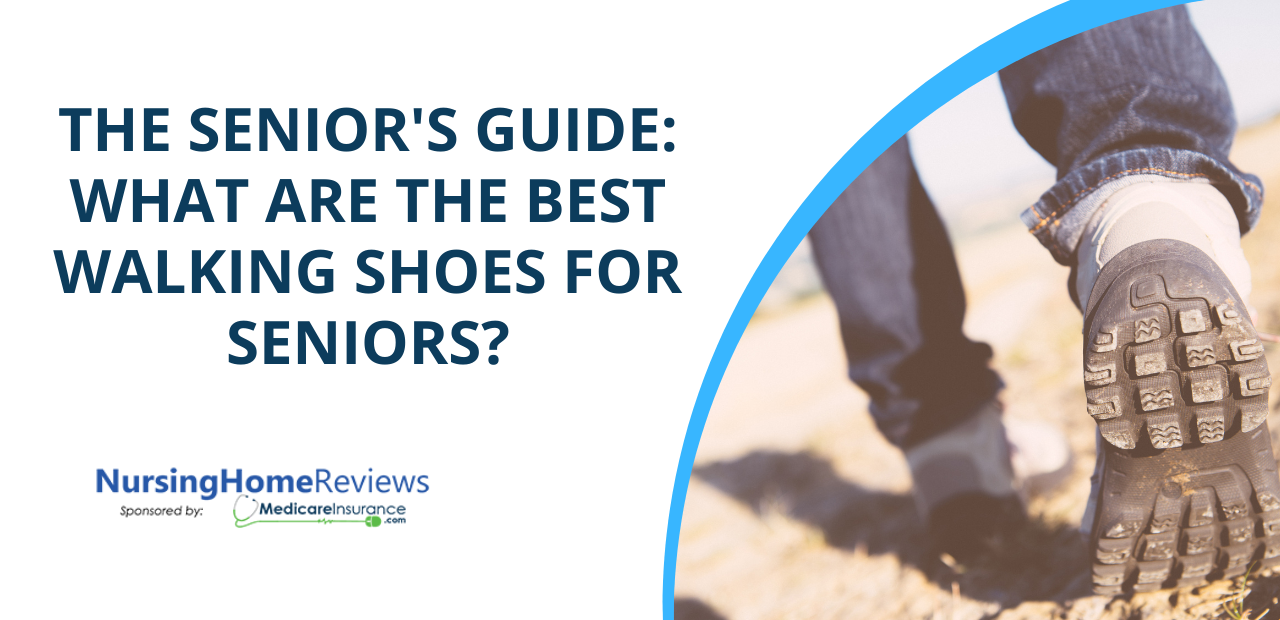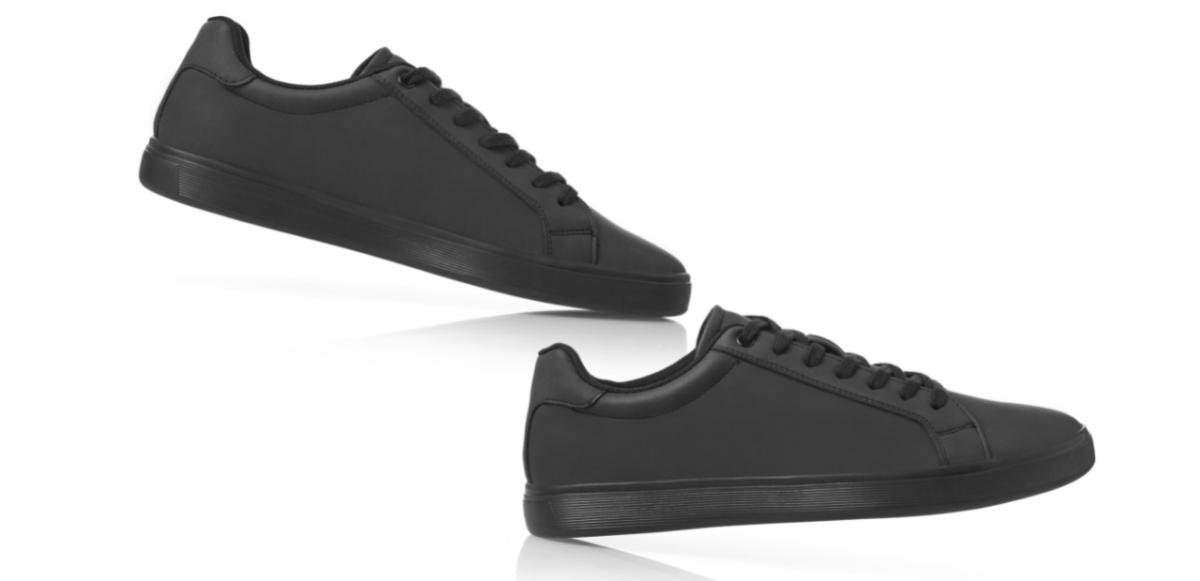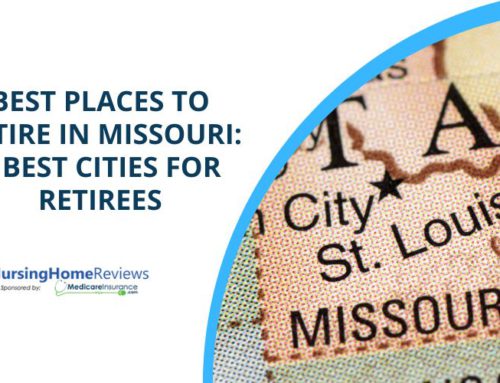
The Agony of The Feet
It’s something that can affect us at any age, but as we get older and develop more health issues, that extra support is critical. A good pair of shoes can mean the difference between an active retirement and a sedentary one, which is why picking the best walking shoes for seniors is so important. Still, what do you look for in a pair of shoes? What are the best walking shoes for seniors? We’ve got some tips to help your feet find their perfect pair.
Don’t Just Suppose About Your Toes
First things first: look at your feet. We tend not to pay them much attention when they’re not bothering us, but regular self-assessment can help identify potential issues. Note things like calluses, cracked heels, or hammer toe. It might be wise to speak to a podiatrist if you’re dealing with recurring foot pain.
You will want to get a measurement of your foot length and width for a good fit. A simple ruler will be sufficient; no need to go to a shoe store or buy a fancy device. Try to get measurements in millimeters for maximum precision. Sizing can be inconsistent, but the metric system doesn’t lie.
Most shoes are only measured in length, but measuring width can help ensure a proper fit. Often, discomfort arises from a shoe being too narrow. Some shoe sizes are amended with letters (like 10EE or 8-2A) to indicate width, but most shoes only indicate the width in millimeters, if at all.
Another thing to measure is your arch height. You don’t need a specific number for this. Instead, look at your footprint. A typical footprint has half of a heart shape removed from it, especially when viewing both feet side by side. If your footprint looks like a solid foot, that means you have fallen arches. You’ll need extra support and may want to discuss your options with a podiatrist.
If the middle of your footprint appears to be missing or is barely visible, you may have hollow feet: this means your arches are too high, resulting in excess pressure on the front and back of your feet. This also warrants a call to the podiatrist for treatment options.
If the Shoe Fits

Once you have some basic data about your feet, you’ll want to consider the purpose of those shoes. For instance, what climate are these shoes meant for? Lightweight mesh shoes are perfect for warm climates but might struggle in colder and wetter conditions. Similarly, the shoes you wear for a light jog differ from what you’d wear hiking.
For day-to-day use, it’s best to pick lightweight shoes for seniors, such as sneakers. Heavy boots protect your feet from hazards, but the weight might add strain and injury. You should also avoid high heels, though a slightly elevated heel might be helpful. Be aware that many sneakers have heel elevation built in, despite having seemingly flat soles.
You should also consider the state of your health when buying shoes. Shoes for senior citizens need to be able to adapt to a variety of changing health conditions, which the average associate at a shoe store might not be aware of.
For instance, a grippy sole with a lot of traction is ideal for most people, as it can prevent slips and falls. However, seniors with a shuffling gait from conditions like Parkinson’s may prefer a smoother sole. Seniors with arthritis might prefer laceless shoes or shoes that fasten with velcro. While purchasing “no-tie” laces is possible, you may need extra help installing them.
Wide-mouthed shoes are also recommended for seniors with difficulty putting on shoes or whose feet may swell throughout the day. Finally, you may want extra padding if you’re prone to stubbing your toe or bumping into things.
Once you find a shoe that fits your needs, try it on. This is important: don’t purchase shoes sight unseen. Even if it perfectly matches your measurements, minor differences in manufacturing and design can lead to a poor fit. Take a trip to the shoe store, or use a service that allows easy returns.
The (in)sole of the Matter
Here’s a dirty secret about shoes. Nearly all shoes, even the best sneakers for seniors, don’t provide enough support. At least, they don’t by default. Reach into your shoe, and you should be able to remove the insole: the part of the shoe your foot touches. Unless you’re getting custom shoes or have already made a replacement, this is probably a flat piece of plastic, leather, or fabric. It might provide some cushioning, but it’ll hardly provide any support. Instead, you’ll want to purchase a quality insole from a reputable dealer.
Insoles are usually designed to treat specific conditions. For instance, if you have stabbing heel pain, look for an insole designed to treat plantar fasciitis. If your feet are flat, look for one with good arch support. Even if you have no specific problems, a basic comfort insole is better than the one that came with your shoes.
You can find basic insoles at the drugstore or supermarket. These are like drugstore reading glasses for your feet: good in a pinch, but you’ll get better results from seeing a doctor. A custom orthotic insole will be guaranteed to support your feet, even if they’re much pricier than your typical Dr. Scholl’s. If that’s too much, there’s a surprising place you can find an alternative that’s a cut above the drugstore: your local athletics supplier. Athletes are serious about their feet, and you can usually find reputable brands for sale where athletic equipment is sold.
You may have also seen “custom orthotic” machines at your local CVS or Walmart. These machines measure your feet, then refer you to a specific insole to purchase that is supposedly tailored to your needs. Unfortunately, this is just clever marketing: these so-called “custom” insoles aren’t appreciably better than their generic counterparts, and the machine can’t provide an actual medical diagnosis. If you’re looking for a genuine custom insole, see a doctor.
Finding shoes is one thing, but if you’re looking for a nursing home that’s a perfect fit, we can help too. Enter your zip code to check up-to-date ratings, reviews, and violations.





